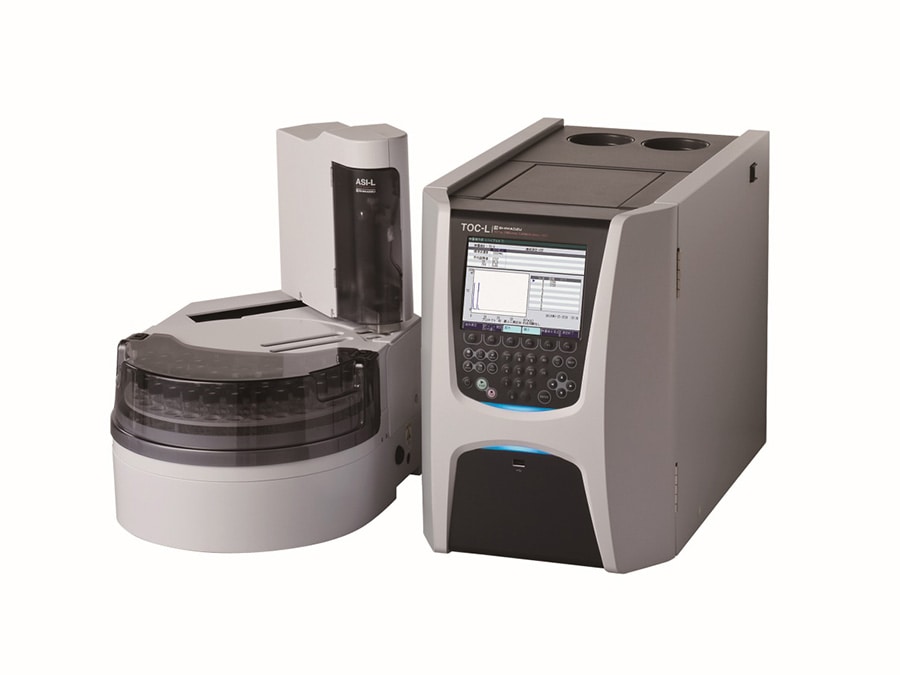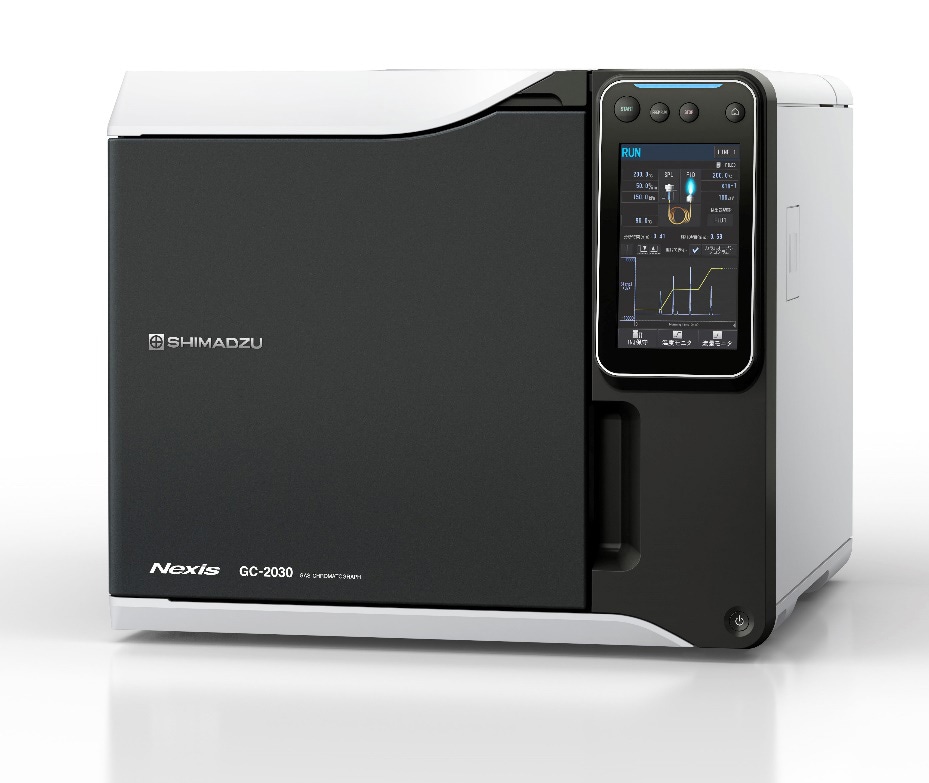April 6, 2022 | News & Notices
Contributing to CO2 Reduction and Carbon-Neutrality
Participation in Experiment with Kyoto University and Others to Demonstrate Using Marine Photosynthetic Bacteria for Carbon Dioxide Fixation
Shimadzu Corporation will partner with Kyoto University, Symbiobe Inc. (a startup company spun off from Kyoto University), and others to participate in the 2021 Japan Science and Technology Agency Center of Innovation-Next (COI-NEXT) program to establish facilities for recycling resources based on establishing a net-zero carbon biotechnology industry. The objective of the program is to utilize marine photosynthetic bacteria, which fix atmospheric carbon dioxide and nitrogen gases in the cells, for producing a variety of products and valuable substances while also reducing greenhouse gases. Specifically, the program intends to produce bioplastics, proteins and other biological macromolecules, and develop agricultural fertilizers and feeds for aquaculture from the metabolic products generated from photosynthesis during that process.
Using marine photosynthetic bacteria to efficiently fix carbon dioxide or nitrogen gas and synthesize larger amounts of the raw materials used to produce products will require large-scale cultivation processes. Recently, the program started operating a marine photosynthetic bacteria cultivation demonstration plant established within the Kyoto University Katsura Campus. Current laboratory experiments are limited to cultivating quantities up to 1000 L, but the demonstration plant will enable cultivation of large quantities (4000 L).
Symbiobe Inc. is a startup company established in January 2021 based on research results achieved by Professor Keiji Numata of the Kyoto University Graduate School of Engineering. Professor Numata has been researching the production of various biological macromolecules using marine photosynthetic bacteria. Successes thus far include synthesizing marine biodegradable bioplastics (polyhydroxyalkanoates) (Higuchi-Takeuchi et al, 2016, 2017) and protein fibers (artificial spider silk) (Foong et al, 2020). In this program, Symbiobe will be in charge of optimizing the cultural conditions for photosynthetic bacteria at the demonstration plant and operating/monitoring the demonstration plant after it is operational, under the technical guidance of Kyoto University.
Shimadzu will be in charge of measuring and collecting quantitative data that indicate how much carbon dioxide and nitrogen are fixed under the test of the demonstration plant. Shimadzu plans to use a total organic carbon (TOC) analyzer, gas chromatograph (GC), and other analytical instruments for measurements. We intend to continue helping with experiments for demonstrating the cultivation of marine photosynthetic bacteria, reducing carbon dioxide levels, and contributing to the achievement of carbon-neutrality.


Product Photo: Shimadzu Products Used for the Program
Total Organic Carbon Analyzer(Top) and Gas Chromatograph (Bottom)


